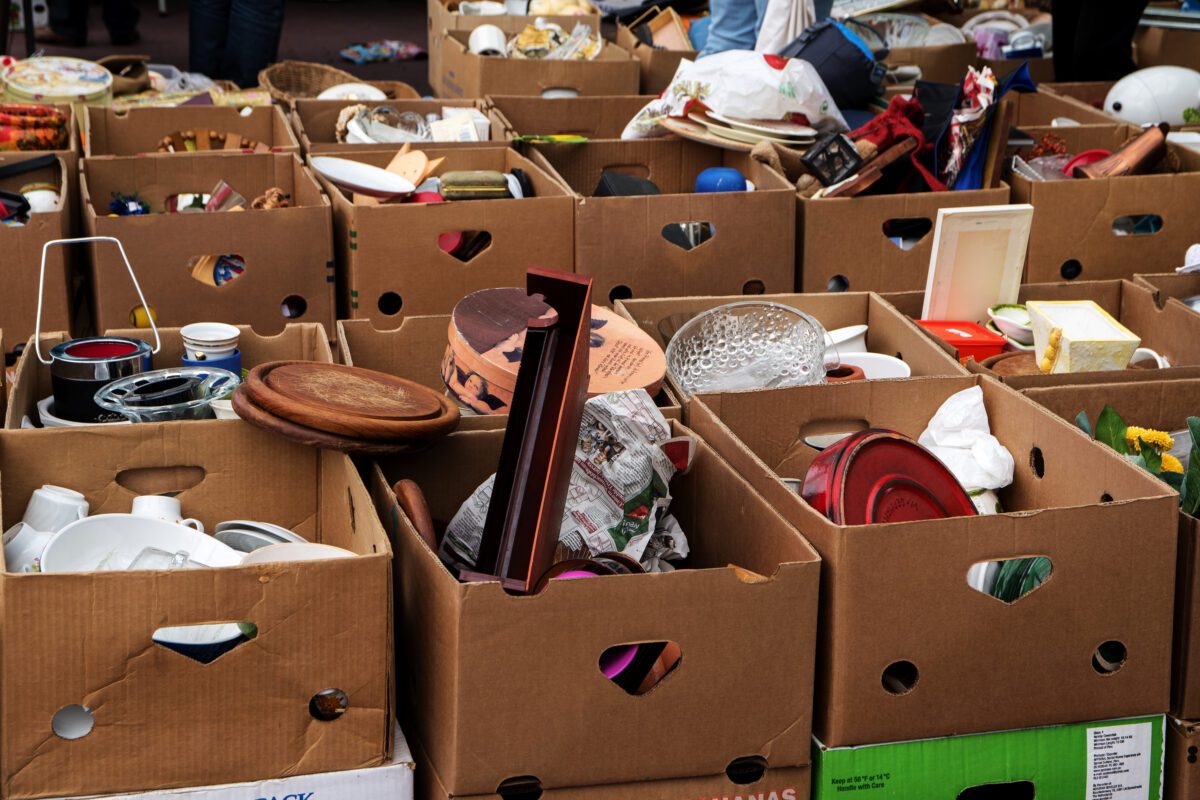REVIEW: Minimalist Mortality
Posted by

12 October
St Nic’s Church
Izzy Duffy-Cross
To open this discussion, Professor Douglas Davis, director of Durham University’s Centre for Death and Life Studies and the author of A Brief History of Death, presented the idea of ‘deathstyle’. He explained one’s lifestyle and deathstyle are like a hand and glove, and some accept this willingly, whilst others keep their hands behind their back. This talk encouraged the difficult, but necessary, fusion of our lifestyle and deathstyle.
James Wallman, author of the book Stuffocation, discussed what he forecasts to be the move away from materialism to experientialism. When people are told their death is sooner than expected, they often create a bucket list. This list is not filled with items to collect, but experiences, demonstrating that underneath our consumerist culture, there is a longing for experiences of life, as opposed to cars or watches or handbags. Currently we are ‘stuffocated’ by our abundance of possessions, causing not only environmental degradation and species destruction, but also loneliness, anxiety, stress and depression. Wallman argued that collecting memories will save the planet and our wellbeing.
When one dies, the family left behind must clear out the belongings. Professor Hilary Grainger, a leading scholar in British Crematorium Design, commented it is often clothes that are the hardest to throw away. Clothes are our way of expressing ourselves to the world, they are thought out choices, a material representation of who we are as individuals. This makes it painfully difficult to cast them aside. Wallman added that he had kept a suit from his grandad for 5 years despite never wearing it simply because it fitted him so well and that showed how he and his grandad had been so similar.
Professor Davis discussed the way in which an object, when attached to a sentimental purpose, becomes invaluable. His father had won his mother a red horse on a coconut shy on their first date. He has kept the horse and to him it is precious. But he accepts that when he dies, this red horse will appear meaningless, be thrown away and sold for 50p in Oxfam. At this point in the discussion, a specialist in wills was invited up and advised that we label anything we want to stay in the family, as he’s seen more disputes over seemingly irrelevant possessions than money.
Whilst this event had the potential to be morbid, it was touching, good humoured and informative. The panel were highly knowledgeable and it was interesting to hear their perspectives on a matter that will ultimately affect us all.
This work was produced by participants on our Durham Book Festival Reviewers in Residence programme, a cultural journalism programme run by New Writing North Young Writers. Reviewers in Residence gives aspiring journalists aged 15-23 the chance to review books, attend events and interview authors at Durham Book Festival. For more information about New Writing North Young Writers visit the New Writing North website.


